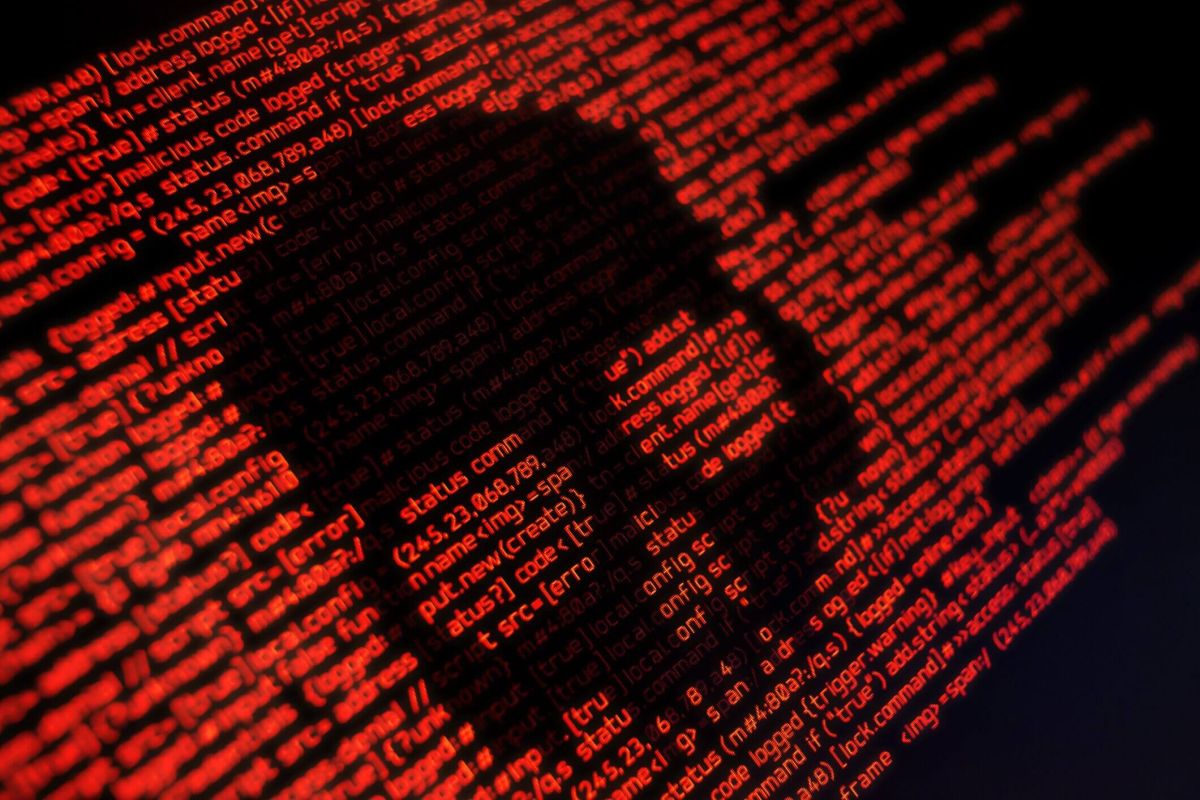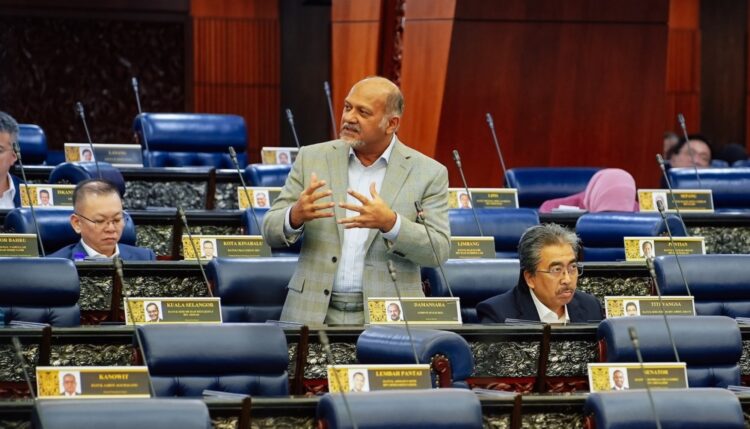As AI continues to become more advanced, malicious actors will leverage these developments to commit acts such as digital fraud, impersonation, and large-scale cyber attacks. To combat these weaponised AI threats, the government has established a cross-ministerial and enforcement agencies mechanism.
According to Digital Minister Gobind Singh Deo, this coordinated effort involves the Ministry of Digital, Ministry of Home Affairs, Ministry of Communications, CyberSecurity Malaysia, National Cyber Security Agency, Malaysian Communications and Multimedia Commission, as well as the Royal Malaysia Police. The minister went on to clarify that this collaboration is needed to ensure there is a unit to provide clear directives and act promptly as issues emerge.

Aside from that, he clarified the government’s ongoing efforts to develop an AI security framework. Currently, the National AI Office is leading the discussions with various ministries regarding the framework. An initial draft of this framework has already been prepared. This draft is expected to undergo an engagement process with the relevant bodies. After that, it is expected to be presented to the Cabinet by the middle of next year for approval.
As for what the framework entails, Gobind explained that it will involve establishing new AI technology standards, controls, as well as regulations. The idea behind the framework is to strike a balance between security needs and digital innovation. Ultimately, the government seeks to mitigate the risks of weaponised AI without compromising the growth of digital technology innovation.

The minister also noted that the framework uses the existing AI Governance and Ethics guidelines as reference material. These guidelines are based on seven core principles, including safety, transparency and human well-being.
(Source: Bernama)


